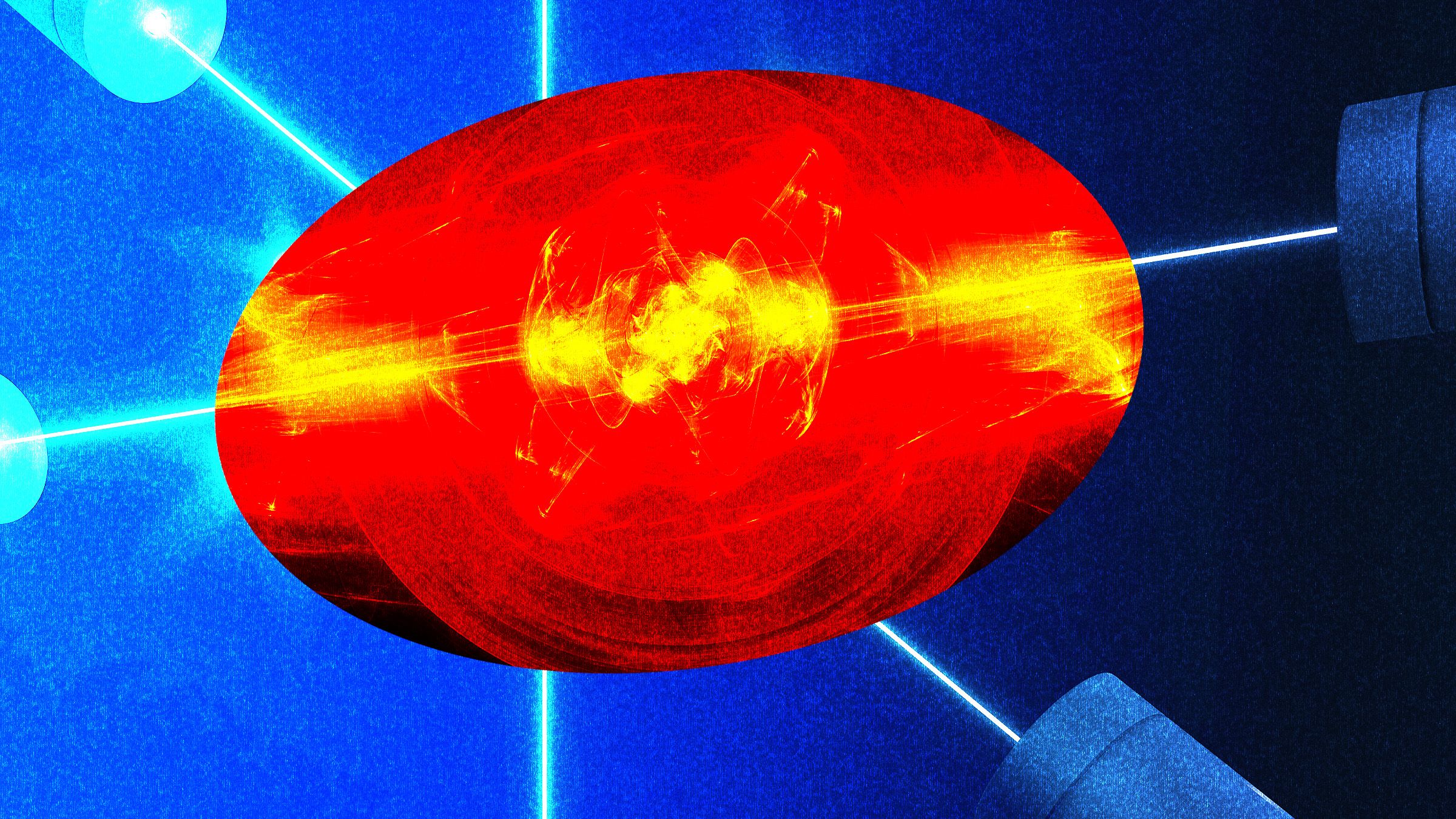A Key to Detecting Brain Disease Earlier Than Ever
A Key to Detecting Brain Disease Earlier Than Ever
In recent years, advancements in technology have paved the way for detecting brain disease at earlier stages than ever before.
One key development in this area is the use of advanced imaging techniques such as MRI and PET scans, which can provide detailed images of the brain and help identify abnormalities that may be indicative of a disease.
Furthermore, researchers are now able to study biomarkers in the blood and cerebrospinal fluid that are associated with various neurological conditions, allowing for earlier and more accurate diagnosis.
Early detection of brain disease is crucial as it can lead to better treatment outcomes and improved quality of life for patients.
Moreover, early intervention can help slow the progression of the disease and potentially delay the onset of debilitating symptoms.
By detecting brain disease at its earliest stages, healthcare professionals can work with patients to develop personalized treatment plans that address their specific needs and improve their overall prognosis.
It is important for individuals to be aware of the signs and symptoms of brain disease and seek medical attention if they experience any concerning changes in their cognitive function or behavior.
Through ongoing research and technological advancements, the medical community is making significant strides in the early detection and treatment of brain disease, offering hope for a brighter future for those affected by these conditions.






